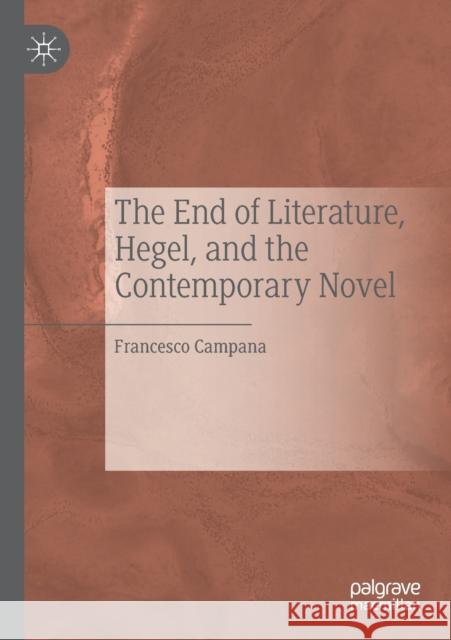The End of Literature, Hegel, and the Contemporary Novel » książka
topmenu
The End of Literature, Hegel, and the Contemporary Novel
ISBN-13: 9783030313975 / Angielski / Miękka / 2020 / 265 str.
The End of Literature, Hegel, and the Contemporary Novel
ISBN-13: 9783030313975 / Angielski / Miękka / 2020 / 265 str.
cena 229,96
(netto: 219,01 VAT: 5%)
Najniższa cena z 30 dni: 219,73
(netto: 219,01 VAT: 5%)
Najniższa cena z 30 dni: 219,73
Termin realizacji zamówienia:
ok. 22 dni roboczych
Bez gwarancji dostawy przed świętami
ok. 22 dni roboczych
Bez gwarancji dostawy przed świętami
Darmowa dostawa!
Kategorie BISAC:
Wydawca:
Palgrave MacMillan
Język:
Angielski
ISBN-13:
9783030313975
Rok wydania:
2020
Wydanie:
2019
Ilość stron:
265
Waga:
0.37 kg
Wymiary:
21.01 x 14.81 x 1.63
Oprawa:
Miękka
Wolumenów:
01
Dodatkowe informacje:
Wydanie ilustrowane











